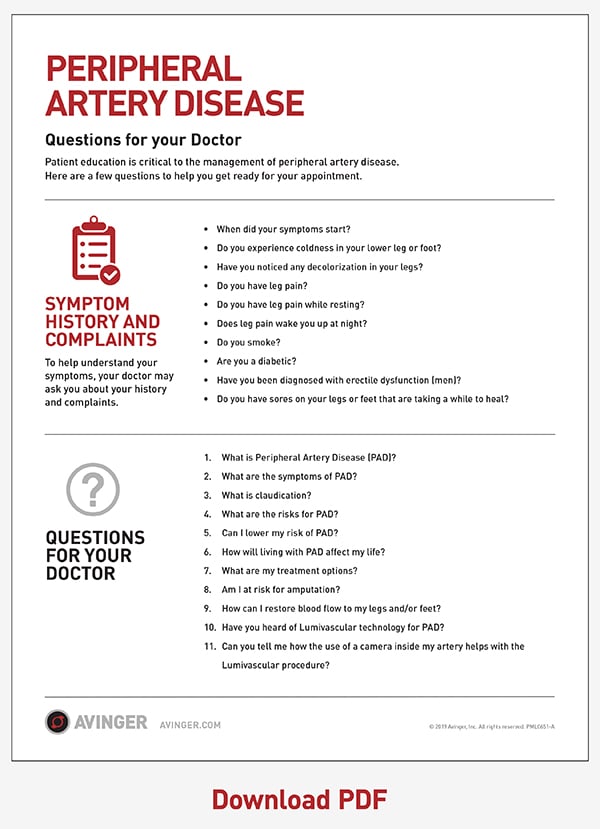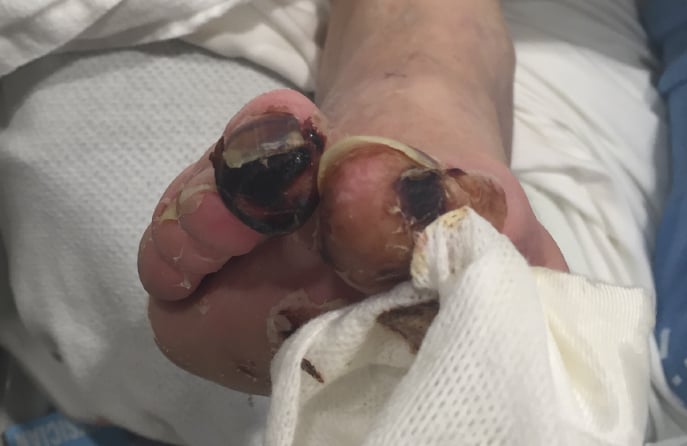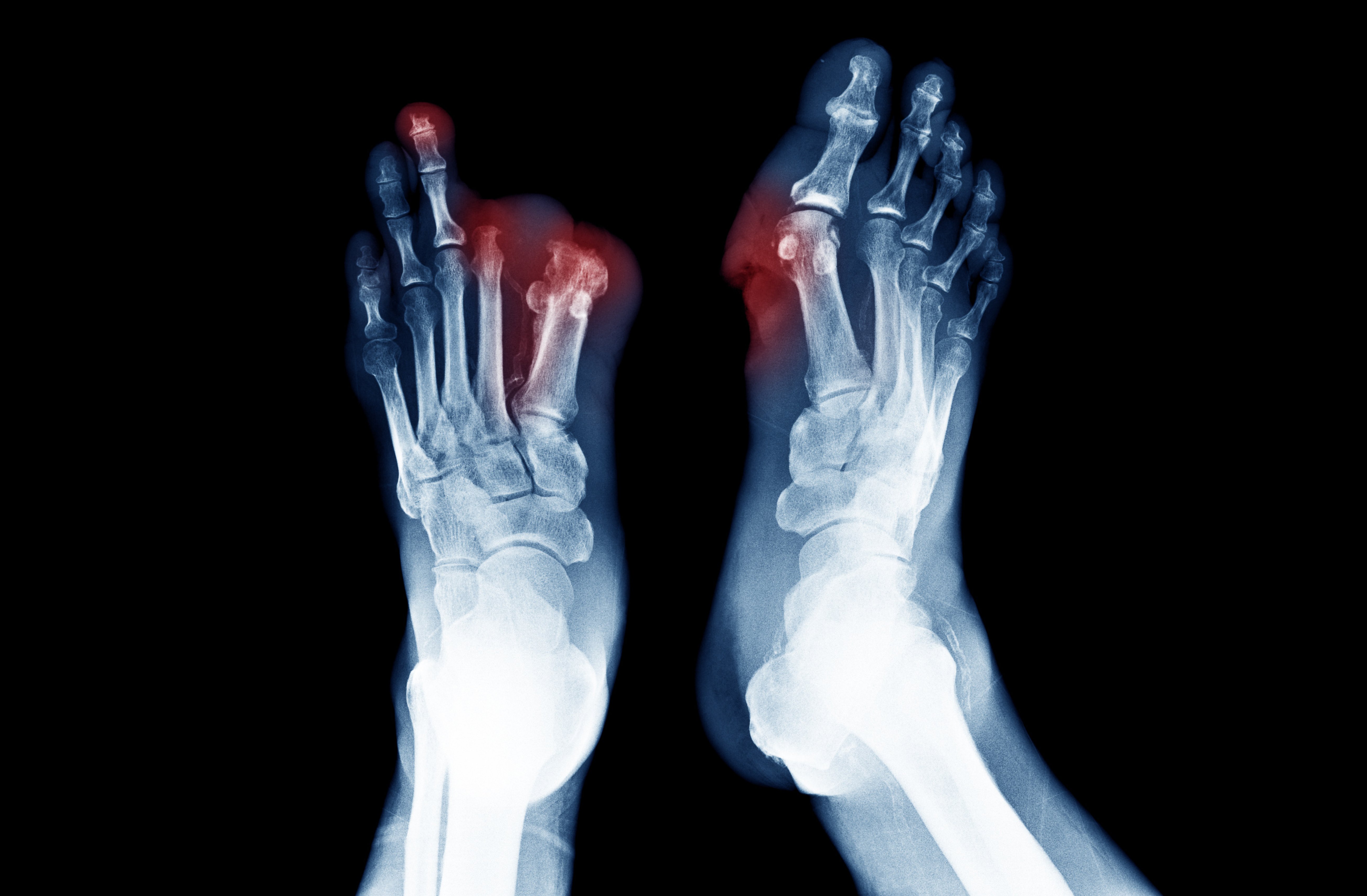Topics: Peripheral Artery Disease, PAD Symptoms
Patient education is a crucial aspect of managing Peripheral Artery Disease (PAD). Keeping an open line of communication between you and your doctor will ensure the best results possible. Below are some questions to anticipate your doctor asking you as well as questions that you should be prepared to ask your doctor about PAD.
Download your copy: Questions For You Doctor
Why Good Communication with Your Doctor is Key
Communicating and asking your doctors questions is important for your health for a variety of reasons. If you don’t ask your doctor any questions then they may assume that you already know the answers or don’t want to know more about a particular subject. Doctors are not mind readers so they will not know what topics are most important to you.
If you have Peripheral Artery Disease and don’t understand anything your doctor has said about the disease, it is important to communicate that. One example would be if your doctor mentions atherosclerosis when talking about PAD and you have never heard that word before, you should ask your doctor about the definition. This will not only help you better understand the disease and diagnosis, but it will also make you feel more comfortable because you have more knowledge on the subject. Another example that demonstrates why communication is so important is if your doctor says you are a good candidate for a Lumivascular atherectomy, it is worth your time to ask your doctor to explain the procedure to you. Hearing an explanation of the atherectomy procedure will help you feel at ease knowing the steps involved in the procedure as well as the expected results.
Overall, having good communication between you and your doctor is important because it means that you will always feel comfortable enough to ask any questions.
PAD Symptom History and Complaints
As you prepare to speak with your doctor, make sure that you can answer all of these questions on your symptoms history and any complaints you may have. In addition to preparing questions that you want to ask your doctor, you also must prepare answers for anything you doctor may ask you. This will help you doctor to better understand what’s going on and tailor treatments to your specific Peripheral Artery Disease symptoms.
These questions include:
- When did your symptoms start?
- Do you experience coldness in your lower leg or foot?
- Have you noticed any decolorization in your legs?
- Do you have leg pain?
- Do you have leg pain while resting?
- Does leg pain wake you up at night?
- Do you smoke?
- Are you a diabetic?
- Have you been diagnosed with erectile dysfunction (men)?
- Do you have sores on your legs or feet that are taking a while to heal?
Questions for Your Doctor about Peripheral Artery Disease
These questions will make sure that you are ready for your appointment. These questions will help you get a full understanding of Peripheral Artery Disease, what you can do to mitigate the risk or symptoms as well as treatment options.
- What is Peripheral Artery Disease (PAD)?
- What are the symptoms of Peripheral Artery Disease?
- What is claudication?
- What are the risks for PAD?
- Can I lower my risk of Peripheral Artery Disease?
- How will living with PAD affect my life?
- What are my treatment options?
- Am I at risk for amputation?
- How can I restore blood flow to my legs and/or feet?
- Have you heard of Lumivascular technology for Peripheral Artery Disease?
- Can you tell me how the use of a camera inside my artery helps with the Lumivascular procedure?
If you have Peripheral Artery Disease and want to prevent any more painful symptoms, be sure to ask your doctor if the Lumivascular atherectomy could work for you. Click here to find a Lumivascular atherectomy physician nearest you.
Helpful resources:
- PAD Patient Guide – our eBook will explain what PAD is and how to treat it.
- PAD Patient Webinar – In depth presentation from Dr. Jaafer Golzar
- Patient Stories – Watch how patients like you have overcome their symptoms.
- Find a Doctor – Find a Lumivascular Doctor near you.
If you like this article, please don’t forget to share!








